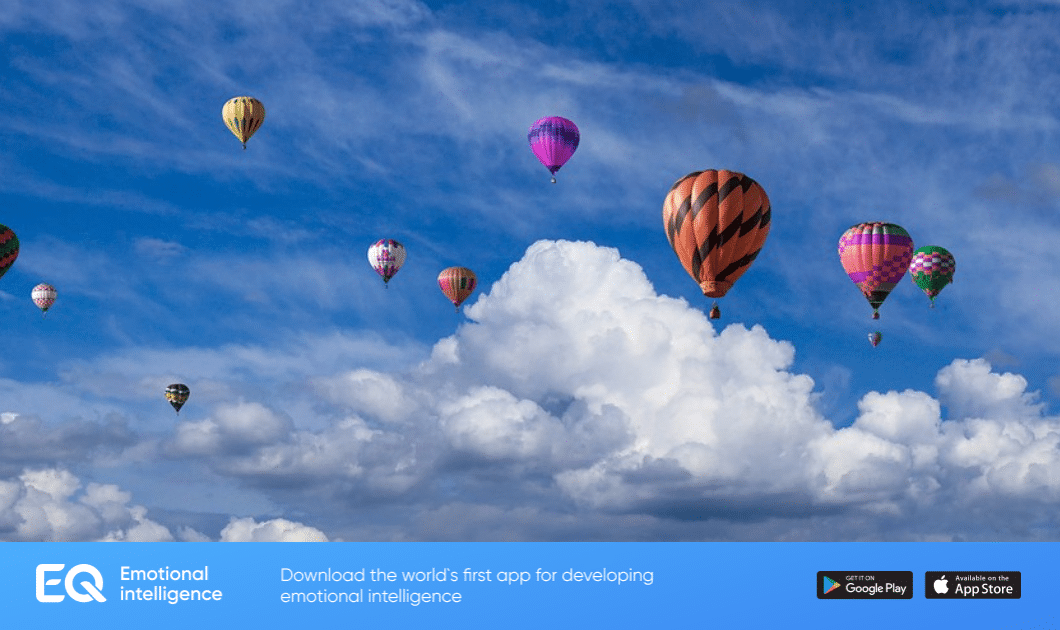When talking about the positivity or negativity of emotions, every person imagines a similar list of sensory manifestations. Positive emotions for us are those that cause a wave of pleasant sensations, creating a background of pleasure. What can not be said about the category of negative emotions that appeared to protect a person from the dangers of the world and survival in difficult conditions? Maybe then you should look at emotions from the other side?
Professionals recommend considering emotions in terms of psychic entropy – the amount of energy that becomes unavailable for use due to the uncertainty of the situation. From this position, emotions can be divided into those that aggravate the disorganization of the human psyche and those that help create a constructive.
Consider emotions that motivate us to do utility, motivate, promote growth, and shape life.
Entertainment – accompanied by emotions of interest, amusement, curiosity, and a desire for humor. This allows us to relax and be content with life.
The novelty and challenge create a sense of excitement. Psychologists S. Tomkins and K. Izard believed that excitement associated with excitement is the highest level of interest. And interest is the basis for knowing the world around you.
Relief is a pleasant emotion that arises after a violent storm of experiences. This is a release from, most likely, the unpleasant emotion that precedes it. Relief is not yet calm, but it is already close to it.
Surprise is an emotion arising from a feeling of the incomprehensibility of something. Appears quickly, leaves quickly. A surprised person is also a prepared person. After all, surprise is a device for responding to a current event or its consequences.
Ecstasy, bliss is an intense emotion of pleasure, joy, and happiness of being. Such an experience can be caused by meditation, contemplation of nature, and sexual experience with a loved one.
Fiero (from Italian pride and achievement) is an emotion similar to a triumph, but unlike it, eliminates the need for competition.
Naches is a Yiddish word that means parental pride in offspring; the mentor’s pride in the student’s success.
Gloating is the emotion of joy that something went wrong with the enemy. If something has diminished in an object that is unpleasant to you, it has worsened or a failure has overtaken, and you feel good at the same time – here it is, true gloating. Whether it is envy or insult, it is necessary to understand each situation, but the emotion is really pleasant. In some cultures, gloating is frowned upon.
Elevation. Psychologist J. Haidt in his works on morality and moral emotions says that the kindness and compassion of people can induce in others a special state of “exaltation” – lightness and enthusiasm, motivating also to do good things.
Gratitude is the social emotion of being grateful for something. Psychologists R. Lazarus and his wife Bernice wrote about gratitude as a state of response to altruistic actions that are beneficial. Gratitude is an emotion that helps fight stress and anxiety, is a great reinforcement and positive motivation.
Psychologist Paul Ekman, like many scientists, says that the main motivation for our life is the pursuit of pleasure. Each of us is looking for what we need. Fortunately, we can organize life in such a way as to enjoy the experience of experiencing different emotions.
https://www.psychologos.ru
https://psychology_dictionary.academic.ru


Recent Comments